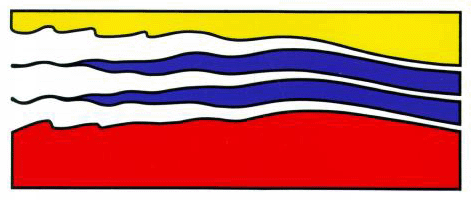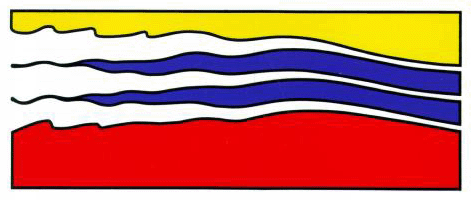
4111 Monarch Way, 3rd Floor
Old Dominion University
Norfolk, VA 23508
757-683-4940


The metabolic activity of phototrophic benthic biofilms can result in large diel cycles of water quality parameters such as dissolved oxygen and pH. These parameters can, in turn, regulate the fate and transport of other aqueous constituents. In the freshwater Riou Mort (France), dissolved trace metals such as cadmium are particularly sensitive to changes in pH, and exhibit large diel variations in concentration due to pH-mediated sorption processes at surfaces. Similar trace metal cycles have been replicated in laboratory experiments using percolated sand columns, and show that complex metal mixtures can be fractionated by these sorption processes due to the varying geochemical behavior of different metals. Some new results will be presented showing that similar mechanisms may operate in coastal marine waters, despite the greater pH-buffering capacity of seawater. Trace metal cycling in many aquatic systems may therefore be more temporally-dynamic than currently appreciated, and diel biogeochemical processes should be considered more universally in mass balance models for dissolved trace metals.
Aaron Beck earned his B.S. from Coastal Carolina University in 2003 and Ph.D. from Stony Brook University in 2007. Following a couple years of post-doctoral research at the Max-Planck-Institute for Marine Microbiology, he joined the Department of Physical Sciences at the Virginia Institute of Marine Science in 2009 as an assistant professor. His research interests include trace metal biogeochemistry in coastal waters, microbe-metal interactions, and submarine groundwater discharge

|
Innovation Research Park Building I 4111 Monarch Way, 3rd Floor Old Dominion University Norfolk, VA 23508 757-683-4940 |

|